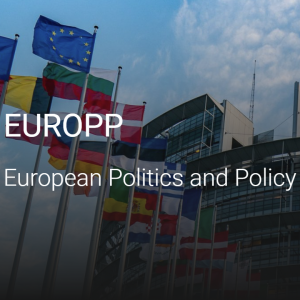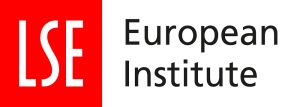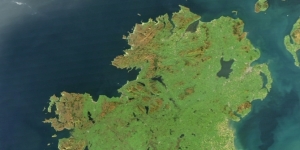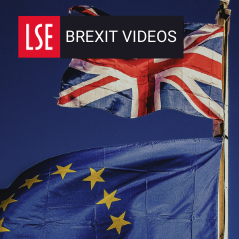Was the result of the 2016 EU referendum the last gasp of a view of empire based on nostalgia? And on 29 March 2019, as it officially ceases to become a member of the European Union, will post-Brexit Britain be a nation willing to inhabit the world of the present instead of the past?
Join us on Brexit Night as four eminent scholars turn their attention to often overlooked elements in the story – Britain’s past imperial might, jingoism, mythmaking and racism; deep-set anxieties about change and conflicting visions of the future – and the possibility of an unexpected outcome, namely that its shock to the national system may slow or even reverse the decades-long rise of inequality.
In their new co-authored book Rule Britannia: Brexit and the End of Empire, Danny Dorling and Sally Tomlinson argue that while Brexit will almost certainly require the UK to confront its own “shocking, Dorian Gray-like deteriorated image”, “out of the ashes of Brexit could, should and perhaps will come a chastened, less small-minded, less greedy future. There are good reasons to be hopeful.”
Danny Dorling (@dannydorling) is Halford Mackinder Professor of Geography at the University of Oxford. He is author of books including Peak Inequality: Britain’s Ticking Time Bomb, The Equality Effect: Improving Life for Everyone and All That Is Solid: How the Great Housing Disaster Defines Our Times, and What We Can Do About It.
Sally Tomlinson is Emeritus Professor at Goldsmiths University of London and Honorary Research Fellow in the Department of Education at the University of Oxford. She is author of books including A Sociology of Special and Inclusive Education: Exploring the Manufacture of Inability and Education and Race from Empire to Brexit.
Gurminder K Bhambra is Professor of Postcolonial and Decolonial Studies in the School of Global Studies at the University of Sussex. She is author of books including Connected Sociologies: Theory for a Global Age.
Bev Skeggs(@bevskeggs) is Professor of Sociology and Academic Director of the Atlantic Fellows for Social and Economic Equity programme at the International Inequalities Institute.
More details about this event








